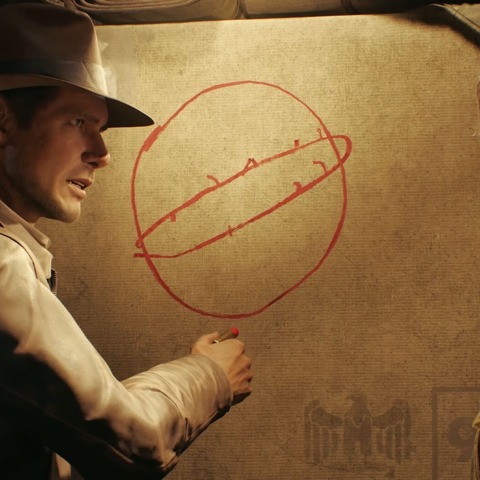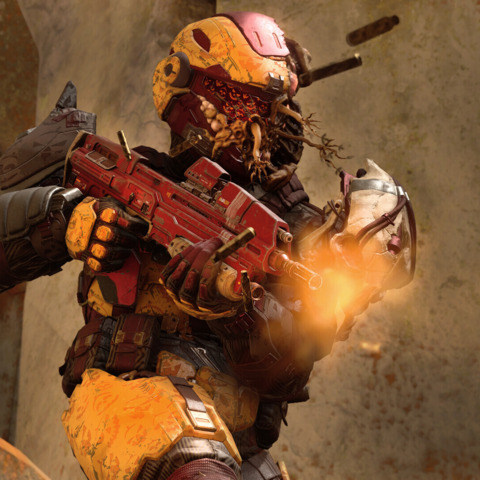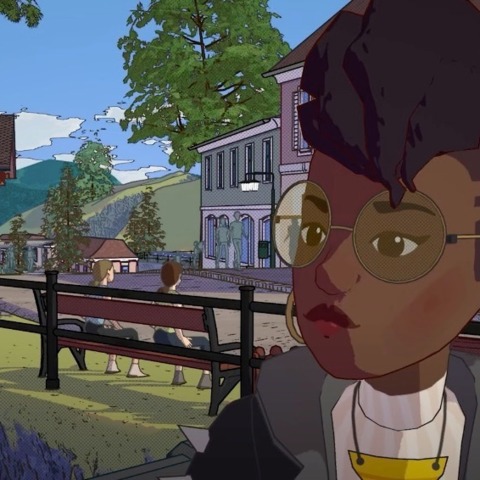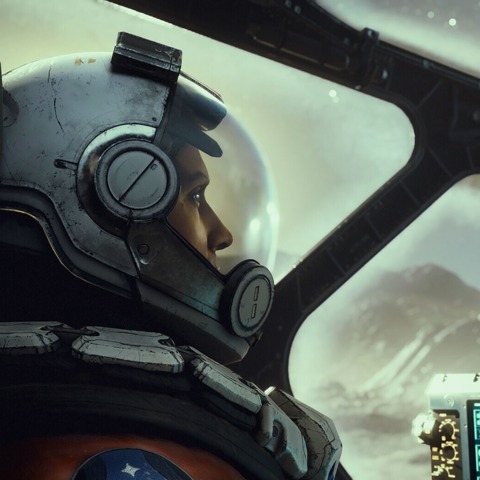The Witch Queen expansion, Destiny 2's latest chapter, is the culmination of an approach to the game's story that developer Bungie has been honing for some time. Between the expansion and Destiny 2's recent seasonal offerings, the game's storytelling is the best it's ever been. But the seven-year history of Destiny and Destiny 2 also has its share of storytelling failures--and Bungie needed those failures to get to this point, the studio says.
In the past, Destiny 2 has seen its sprawling narrative of immortal heroes fighting god-like aliens divided into discrete chapters and mostly unrelated chunks. The Witch Queen, however, is something else--a conclusion of threads the developer has weaved throughout the game for years, and a story that was built up through developments in seasonal content episodes that have been coming to the game since Fall 2020.
Now entering its fifth year, the current Destiny 2 story feels strikingly different from what was on offer just one expansion earlier. Year 4's seasons were thematically linked, spinning stories that looked at distinct aspects and characters in the game world, but which were all ultimately pieces of a puzzle that was building toward The Witch Queen. Its story feels like one that's only possible as a live-service game or MMO, where the game world changes and evolves over time, and the story evolves along with it.
That wasn't always the case, though, and despite having vast, fascinating, and well-written lore offerings inside and outside the game, narrative was long one of the Destiny series' weakest elements. The improvement in the series' storytelling has come in increments over time--notably with The Taken King expansion in the original Destiny, which brought more lore to the forefront; with Destiny 2's Forsaken expansion, which put a big focus on characters' thoughts and feelings by telling a revenge story; and with the shift to seasonal storytelling, which brought unfolding, week-to-week narratives to the game. The most dramatic improvement has come in the last year, with seasonal stories that were consistently strong and an expansion in Beyond Light that focused on ideological conflicts as much as military ones.
"It took time for Destiny to understand what Destiny needed to be, and then it took time to make Destiny what we knew it needed to be," Guillaume Colomb, senior narrative lead at Bungie, said in a recent roundtable interview attended by GameSpot and other outlets. "At first, the game was pulling in different directions and I think the team in their heart knew what it needed to be, but there weren't a lot of other games out there that were similar, so it just took time to get there. And I think that's why Destiny is so unique and special, because it's not like we can have that idea and make the game right away. It took seven years, because it takes seven years to do something that good--because we had to fail several times to understand what was the right way to do things."
According to Colomb, what Destiny 2 players are seeing now is the image Bungie developers had in their heads when they originally conceived the game nearly a decade ago. There were successes along the way, he said, and those helped Bungie chart a course in what was largely an unexplored format for telling stories in a video game.
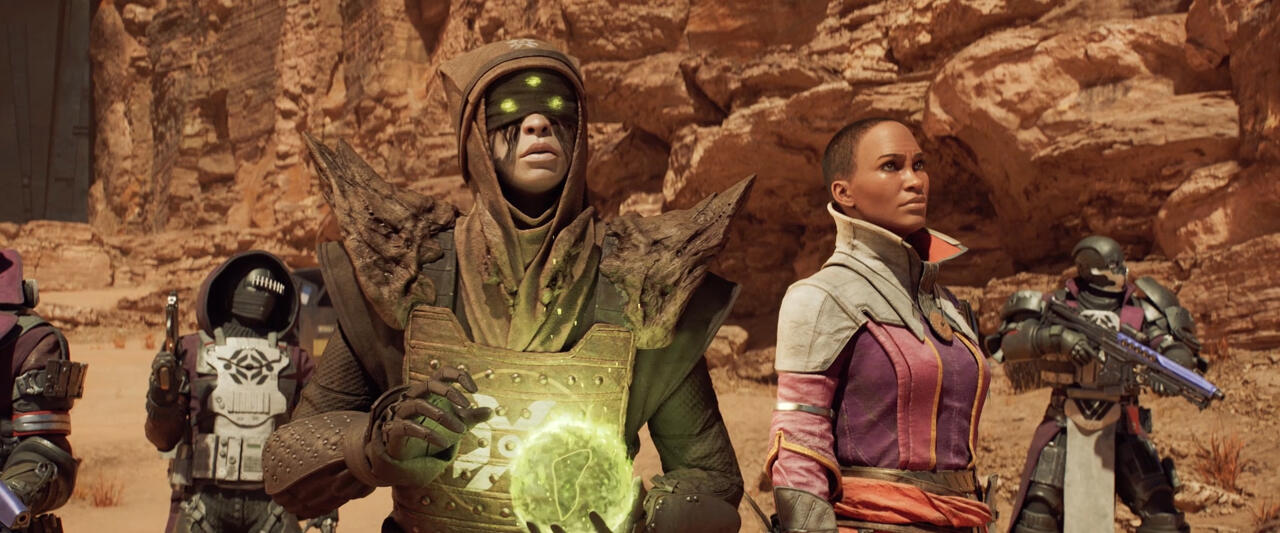
There's also more going on than Destiny 2's developers and writers trying different storytelling approaches, as The Witch Queen project lead Blake Battle explained. The story, as with all aspects of Destiny, is refined through developer intention, as well as feedback from the player community.
"I definitely don't think the story of Destiny [as a game] is a best-laid plan, I think it's a story of an ongoing relationship with our players and that's been one of the key components of a live game," he said. "Starting way back from D1, we've continued to respond to feedback and see the game that players want it to be."
There are other elements that are working in Bungie's favor, as well. The studio has found better ways to tell Destiny 2's story over time, especially with its episodic seasonal approach. Those allow the writers to tell more personal stories to the game's characters, focusing on a few at a time. Narrative director Adam Grantham also said that setting an end date for Destiny 2's current story--Bungie has announced two more expansions for the game, Lightfall and The Final Shape--has allowed the studio to be very deliberate about where the story is headed. Part of what makes The Witch Queen feel impactful and important to the overall Destiny 2 narrative is that Bungie has been able to set up the eventual confrontation with Savathun over the course of more than a year.
Bungie has been working on developing Savathun's story for about 18 months, Grantham said, and that degree of planning offered a lot of opportunities to lay the expansion's groundwork in the game before it actually launched. But another important aspect of The Witch Queen's story, which is somewhat different from what Bungie has done in the past, is its ability to pull from story elements that were previously reserved for lore and bring them to the forefront. The Witch Queen's campaign heavily references the origins of the Hive, which are lore elements that were introduced as far back as The Taken King in 2015, but mostly existed in optional text players had to seek out and read. The story campaign makes those elements part of the main narrative, enlarging the universe for players who aren't familiar with the lore and drawing connections to the present story for those who are. That's a big part of what made The Witch Queen's story meaningful for long-time players, Battle said.
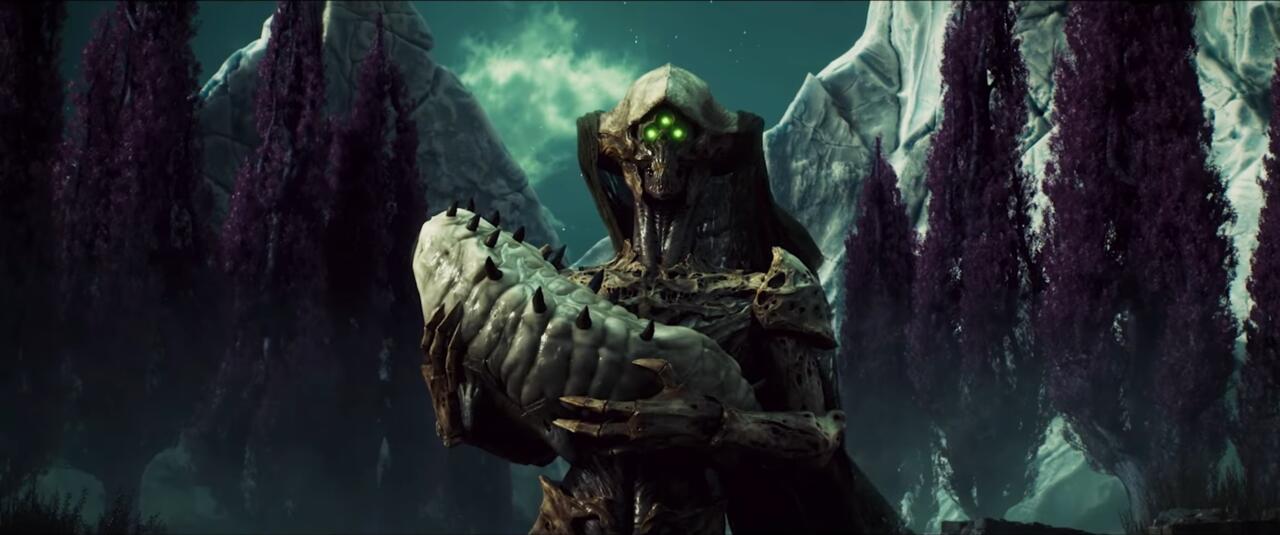
"We're fortunate enough to be in a time in Destiny right now where we're able to reap a lot of what's been sewn over the course of seven years," Grantham said.
Pulling those lore threads has made the world of Destiny 2 feel a little more cohesive, but while setup for Savathun goes all the way back to The Taken King, and tidbits that would become relevant were peppered throughout Destiny 2's vanilla release, it doesn't mean that lore was written with a future expansion in mind.
"Destiny being a live game, we always have to think about feeding the lore, and we don't necessarily create new lore thinking, 'Oh, that thing in three years, that'll become a big release,'" Colomb said. "We'd hope that it's a pretty good piece of lore, I hope we're going to use it, and sometimes we think that and we're wrong. And sometimes there's something that doesn't feel as important at the time, but suddenly takes on a lot of relevance with the release we're working on as a theme that matches that. So we're always looking into lore that we have, and we always try to create new lore and feed it in a way that expands the universe and that other people maybe, in the future, can grab for stories."
Grantham likened Bungie's approach to Destiny 2 to a quote from novelist George R. R. Martin, who said he thought of writers as falling into two camps: gardeners and architects. Gardeners plant ideas and see what becomes of them; architects construct their stories according to more rigid specifications. For Destiny, both sides are true--The Witch Queen was an architected story, set up by season after season of stories that finally culminated in the expansion. But it was also the product of seeds planted years earlier that became something the team might not have expected at the time.
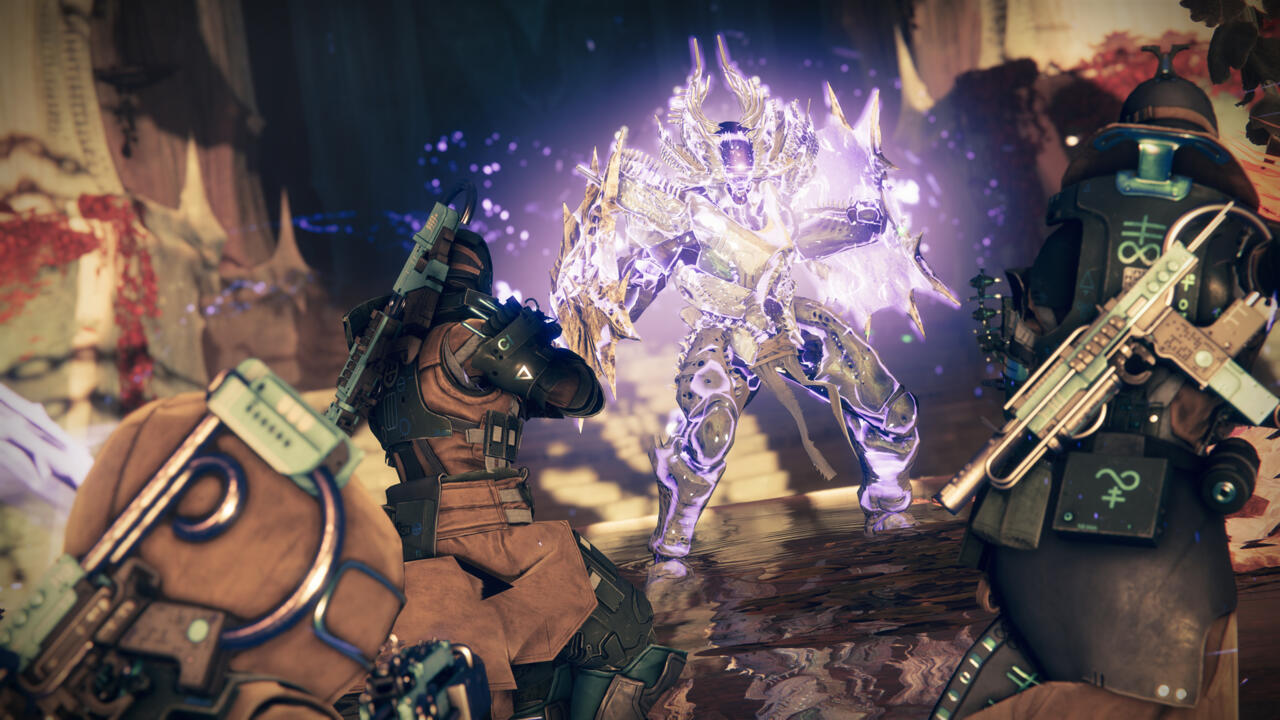
And that might be why it has taken Destiny 2's story so much time to really come into its own--and why the result has felt like nothing else in video games. Every past failure was a learning experience, and the ideas from Destiny's past have served to feed its future.
"It takes time for us, also, to understand the story we want to tell, and the world of Destiny is a place that we are discovering, in a way--a little bit before the players, but still, it's not like we understand everything," Colomb said. "We still discover, and there is a lot to discover still."
